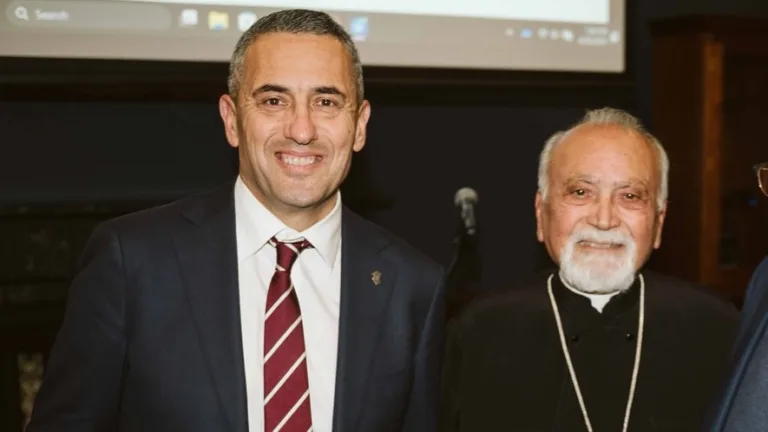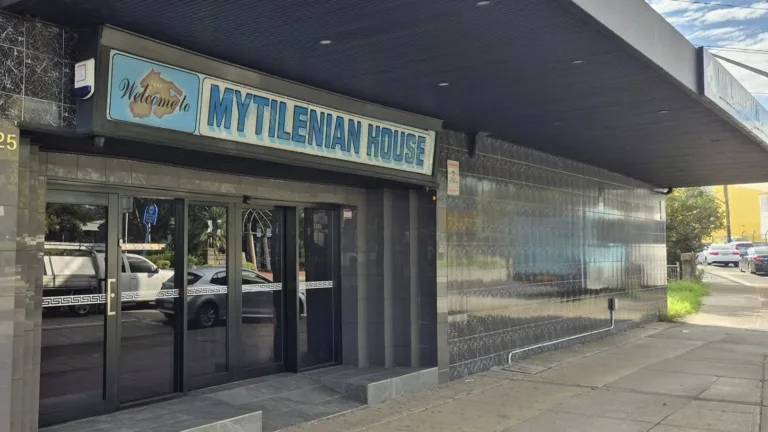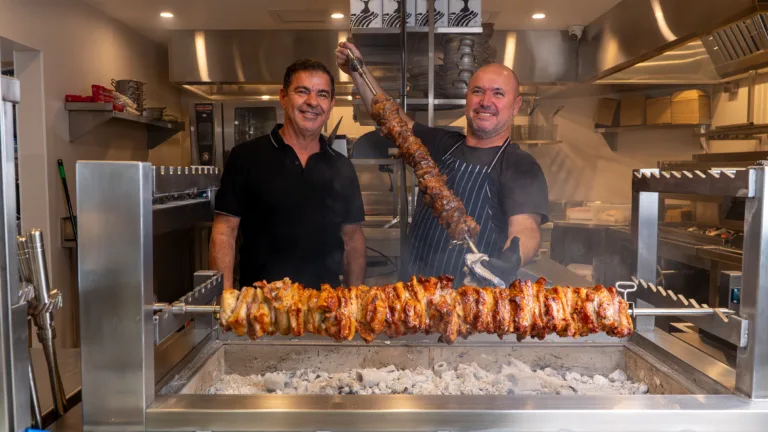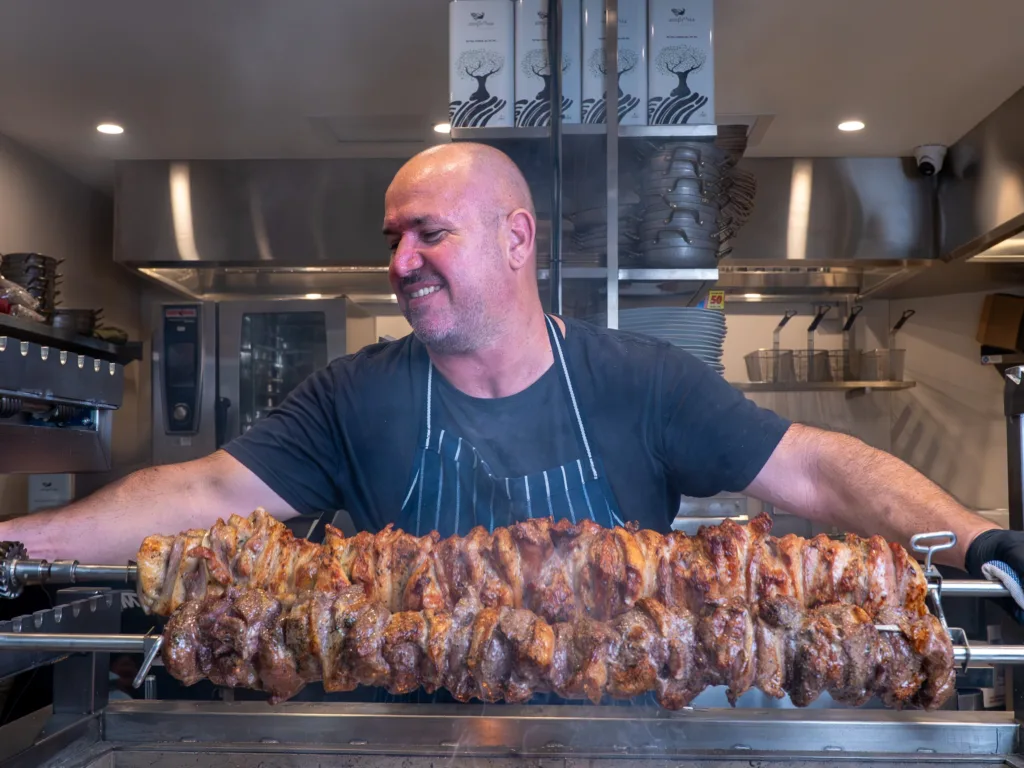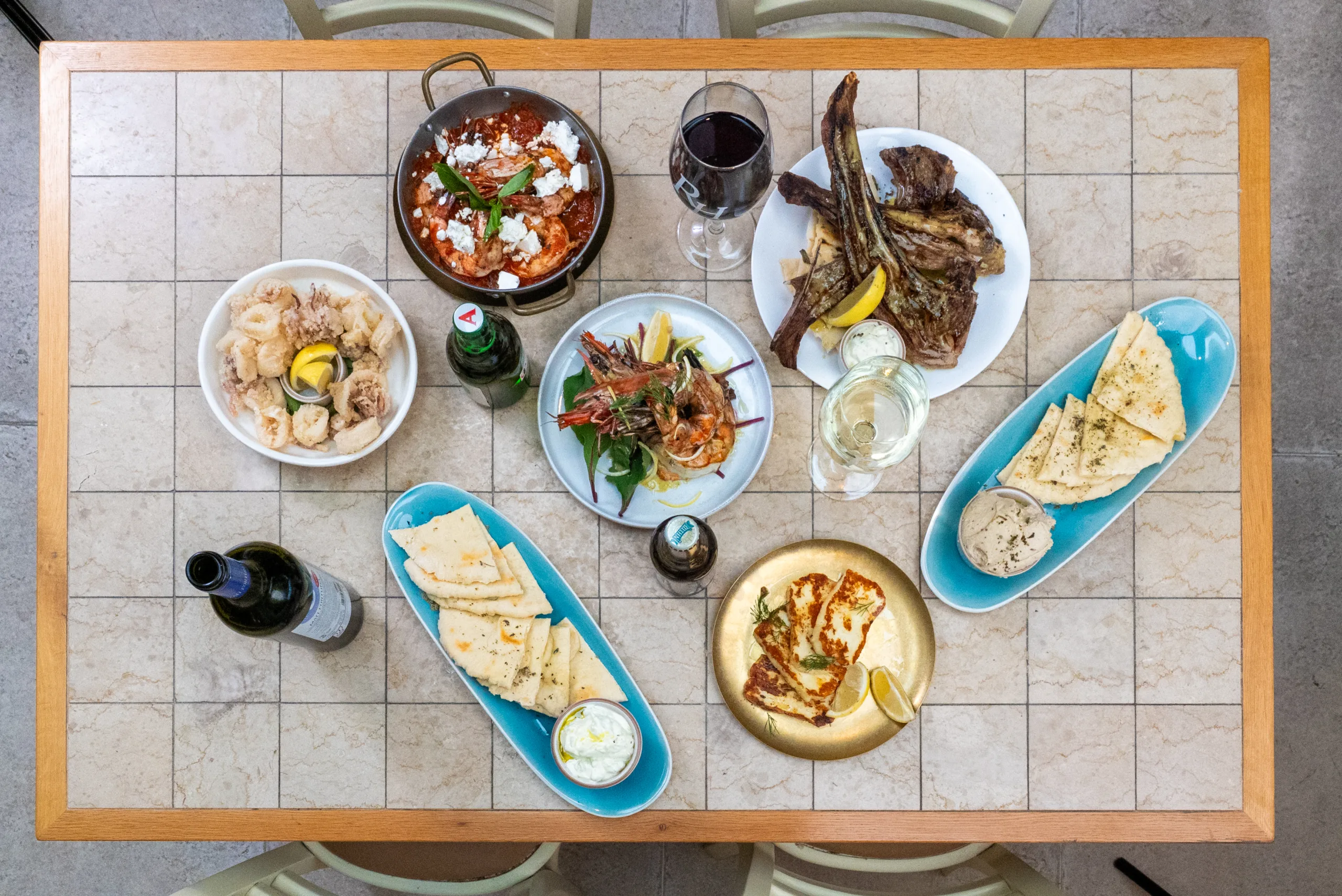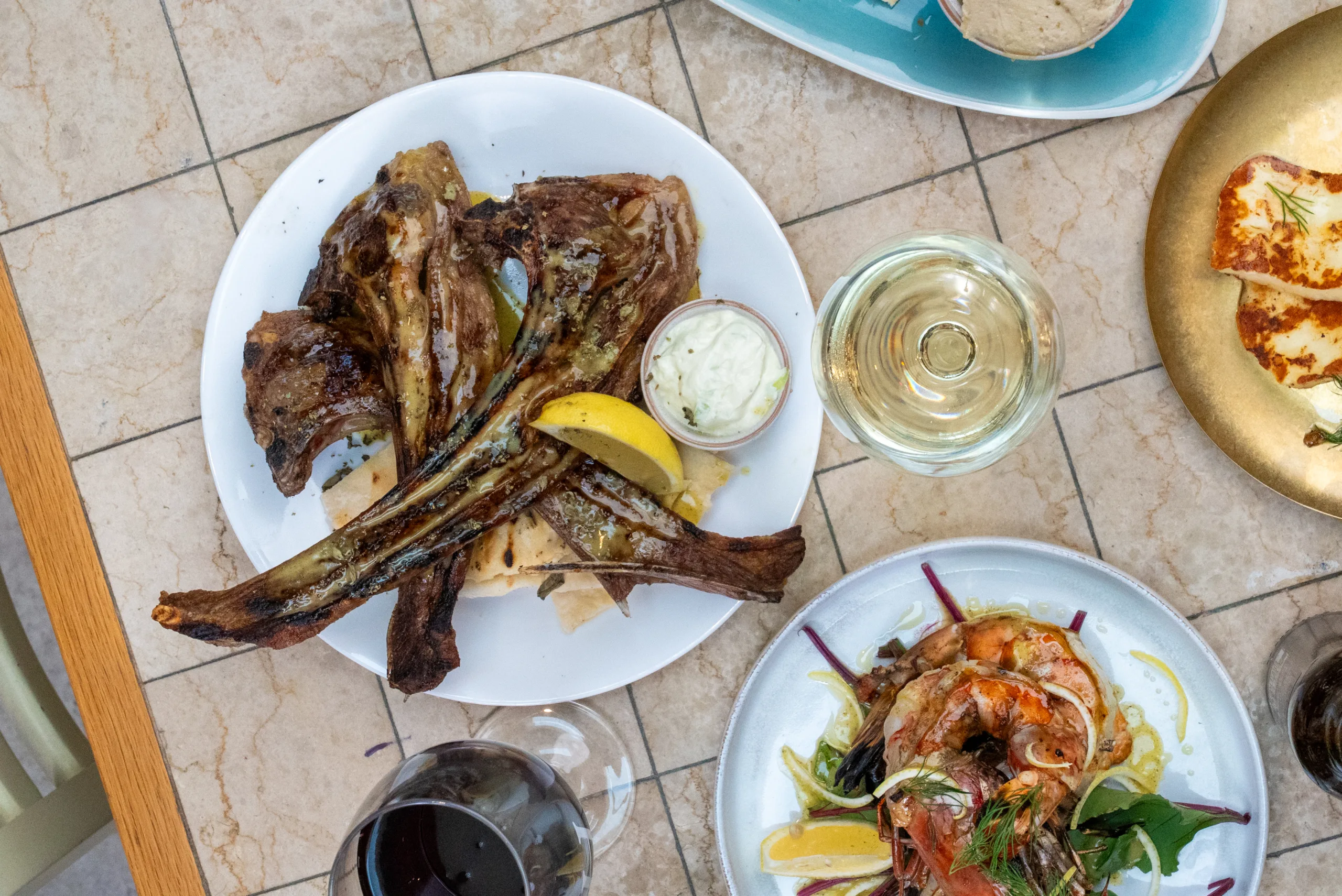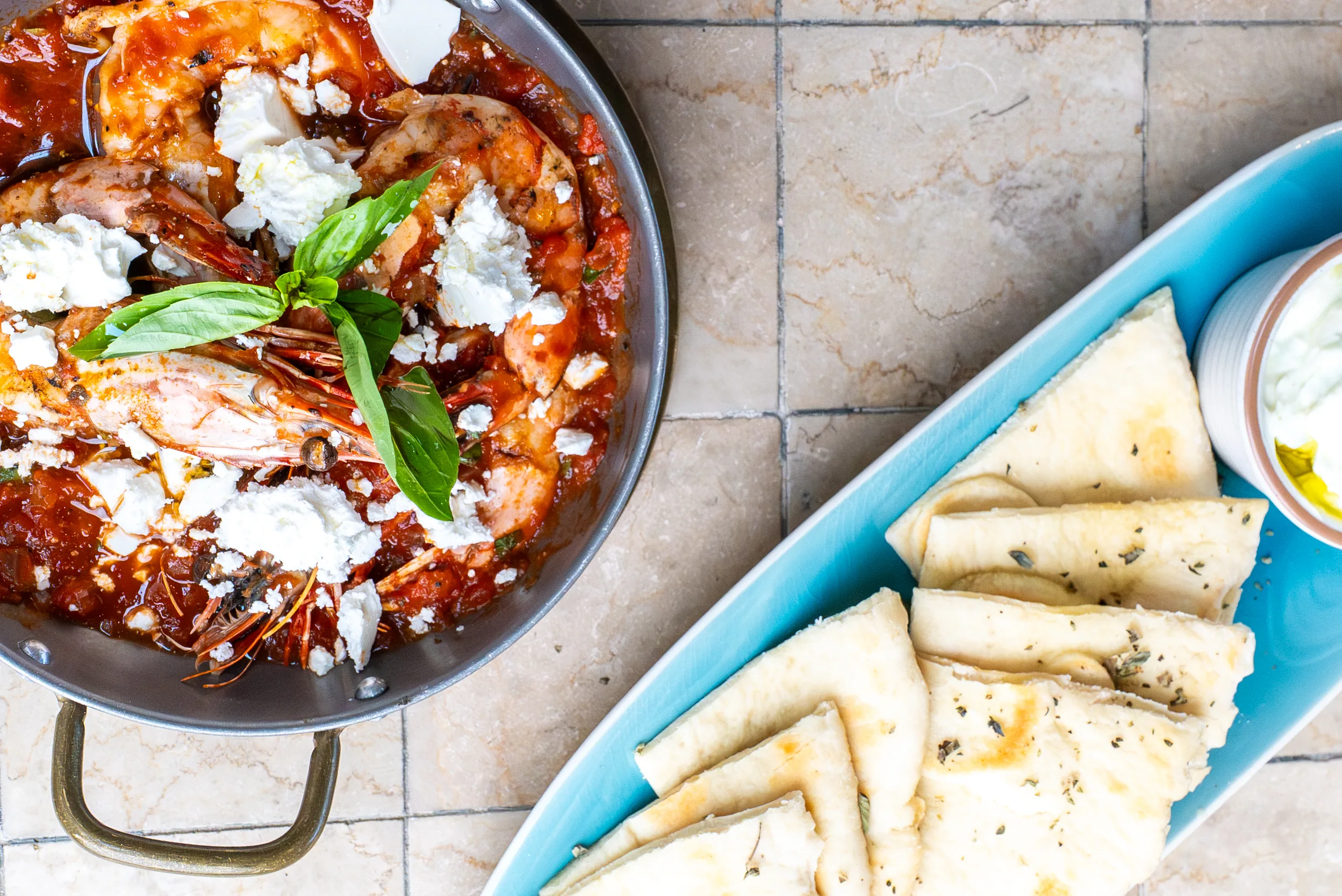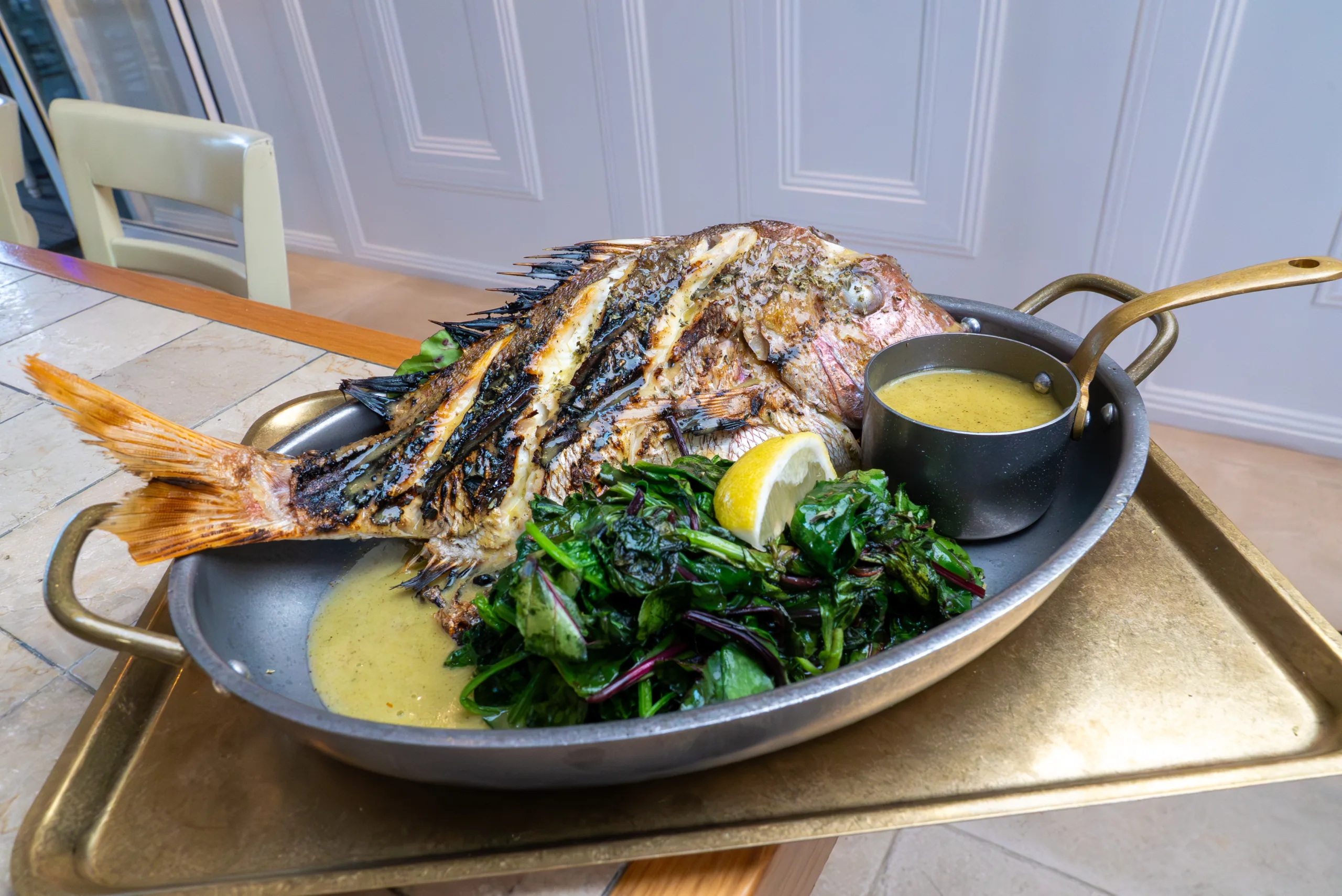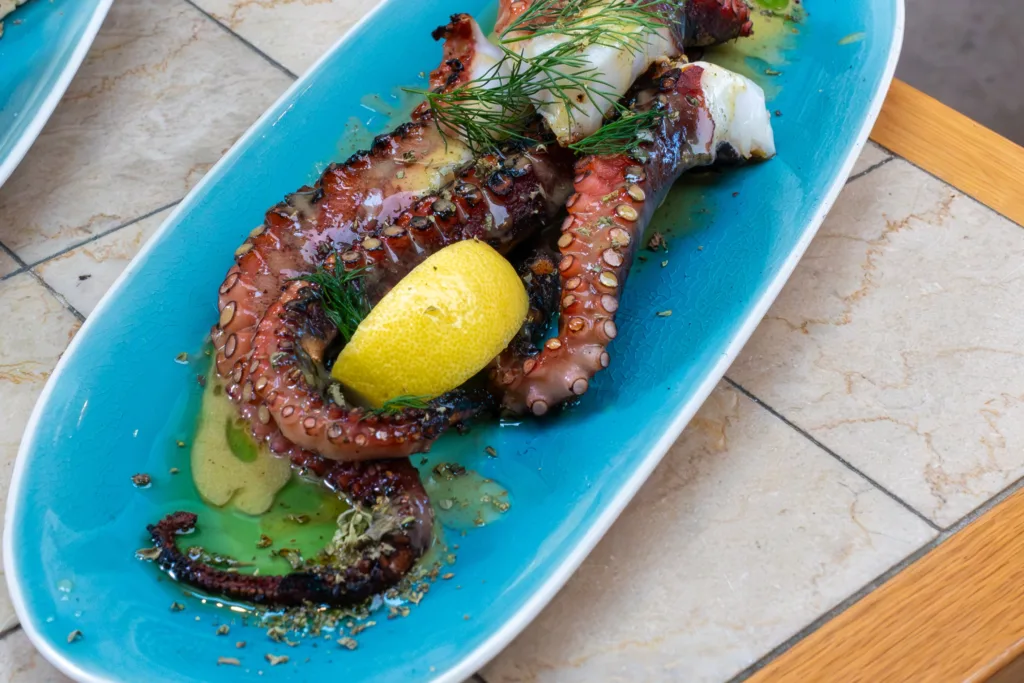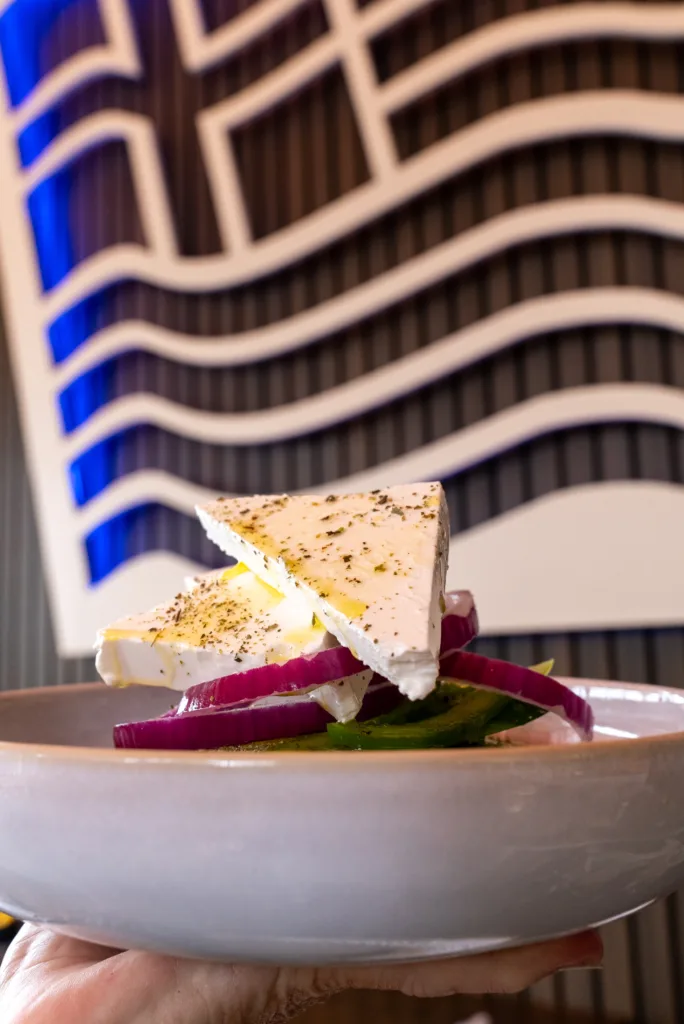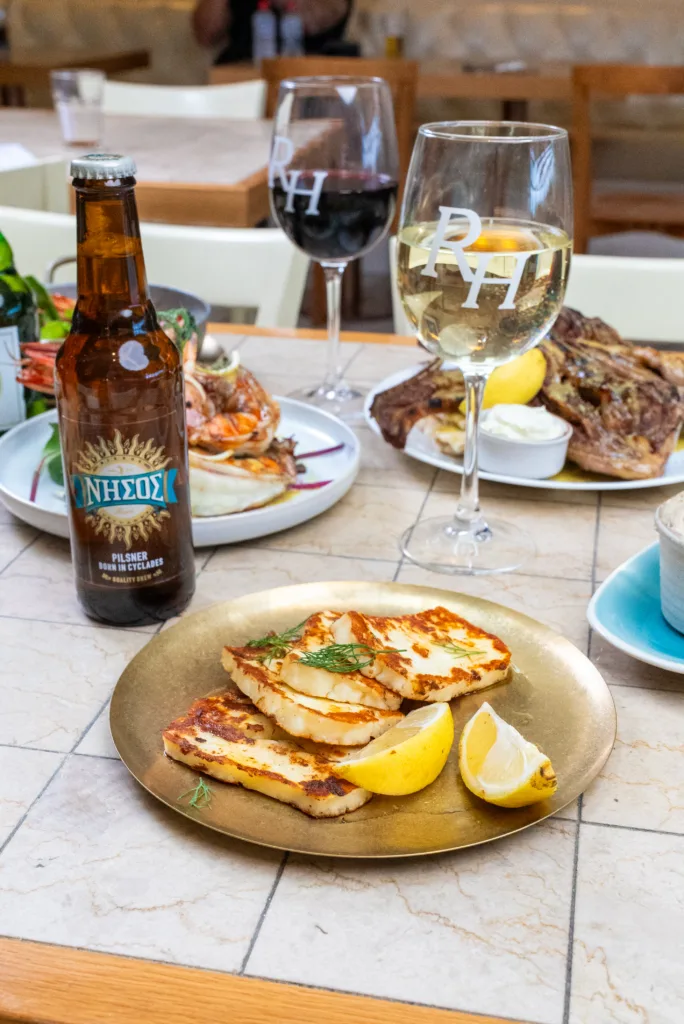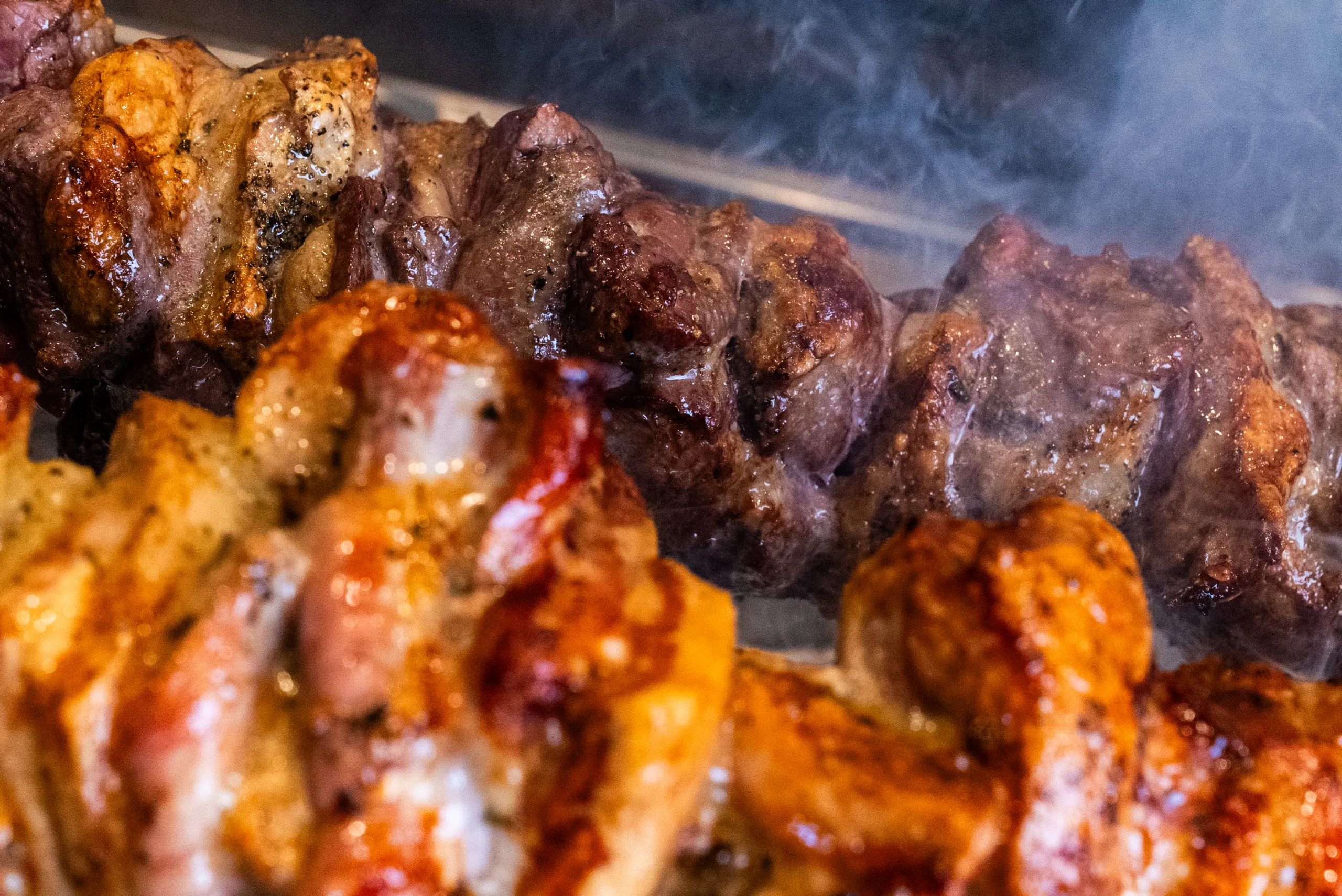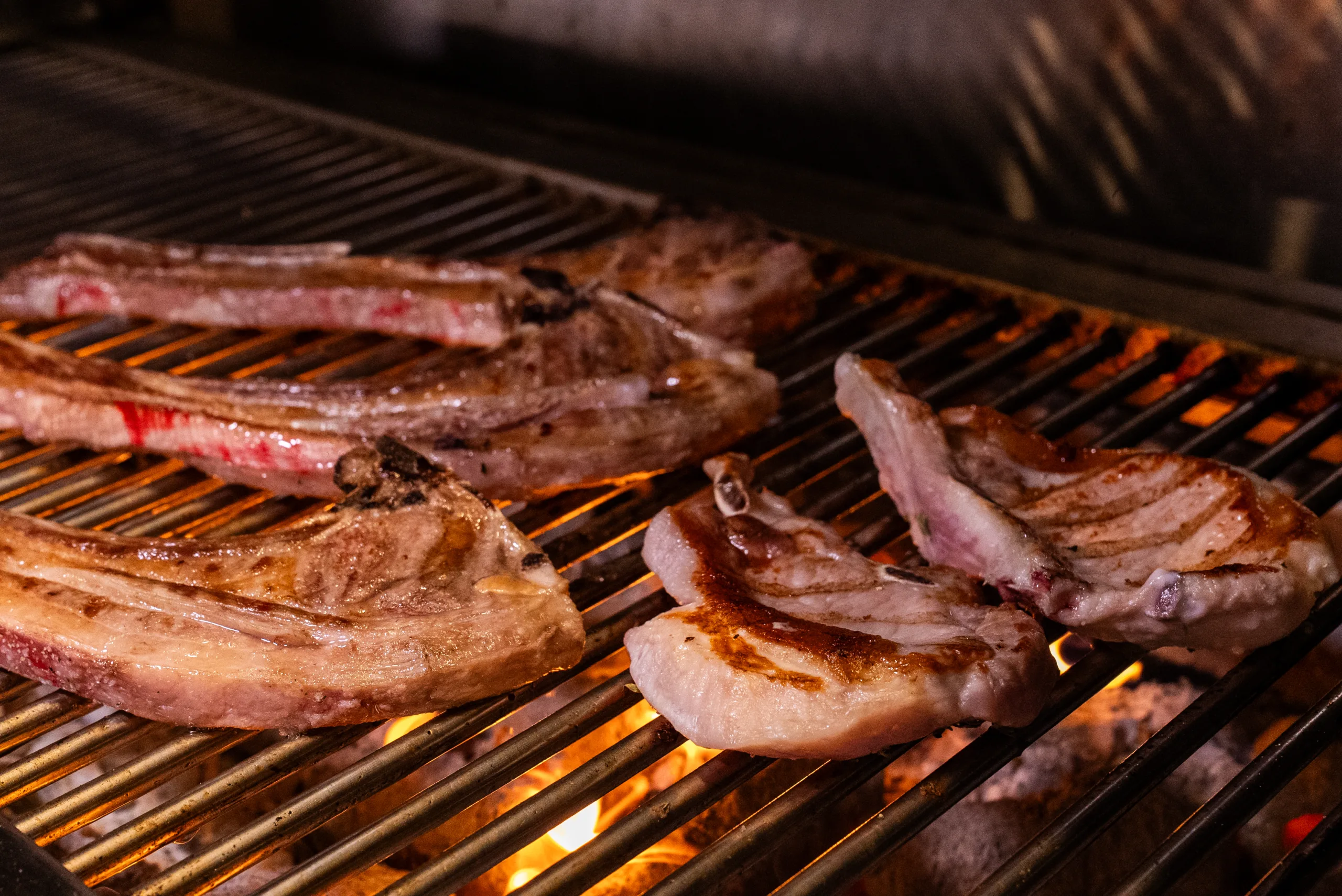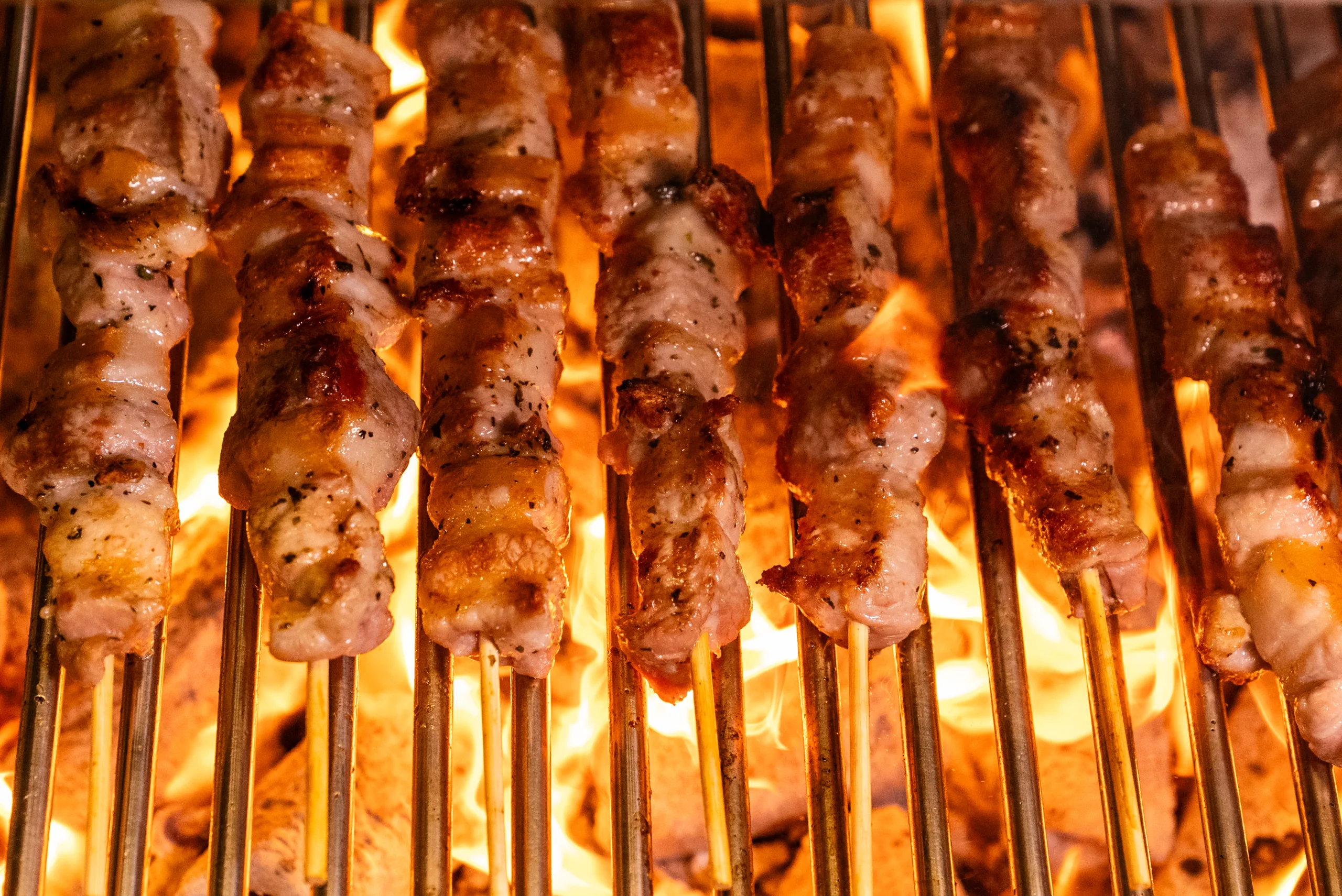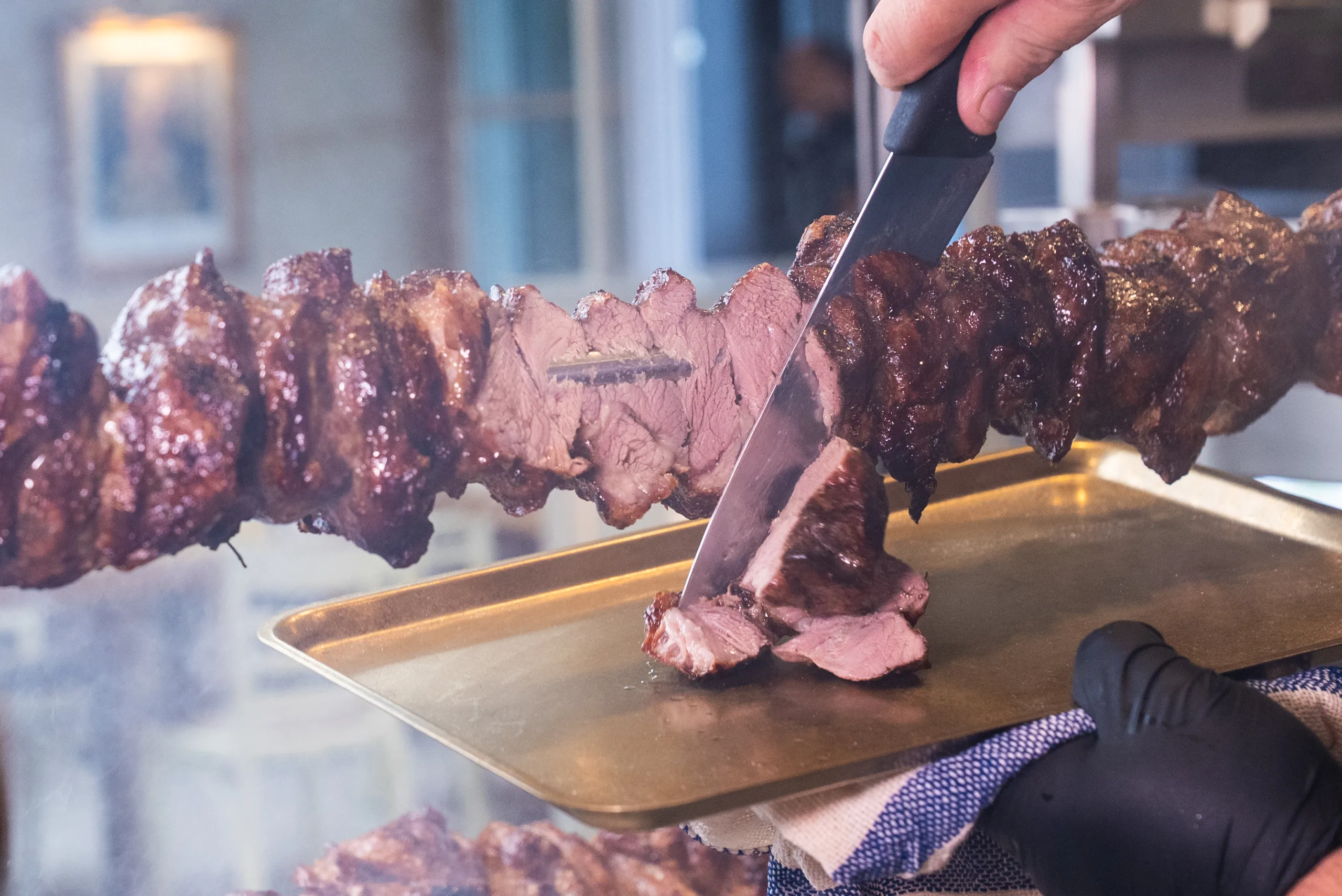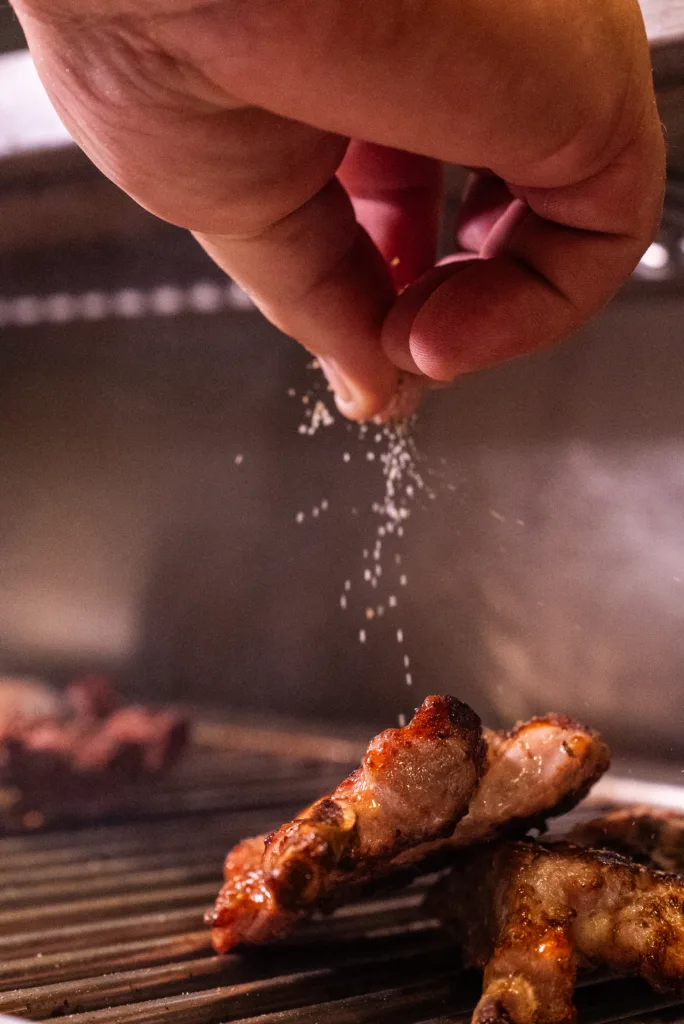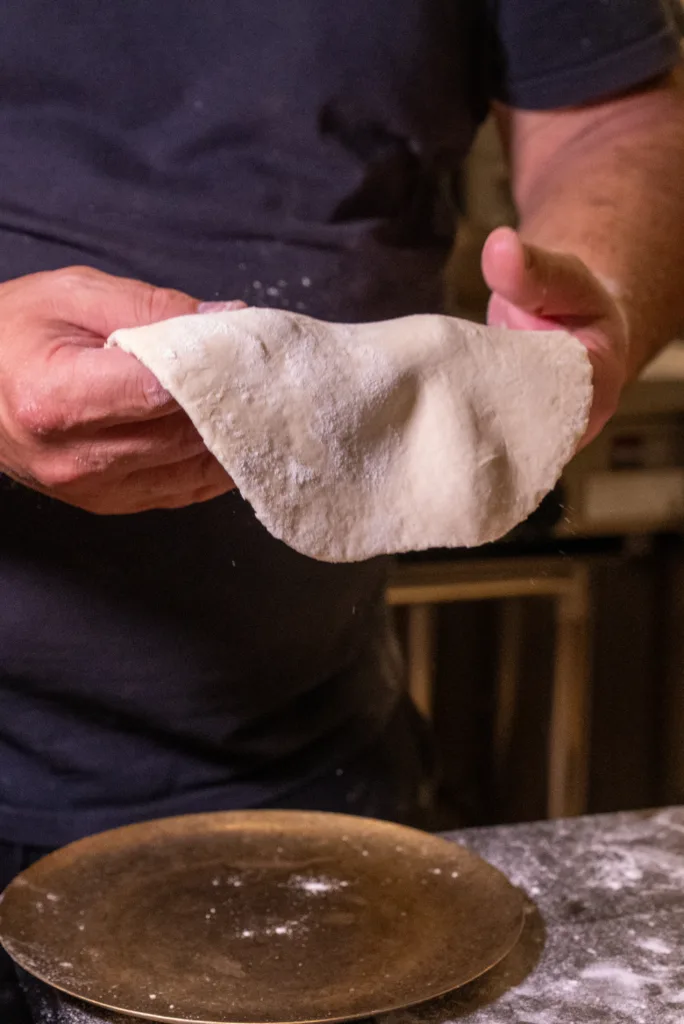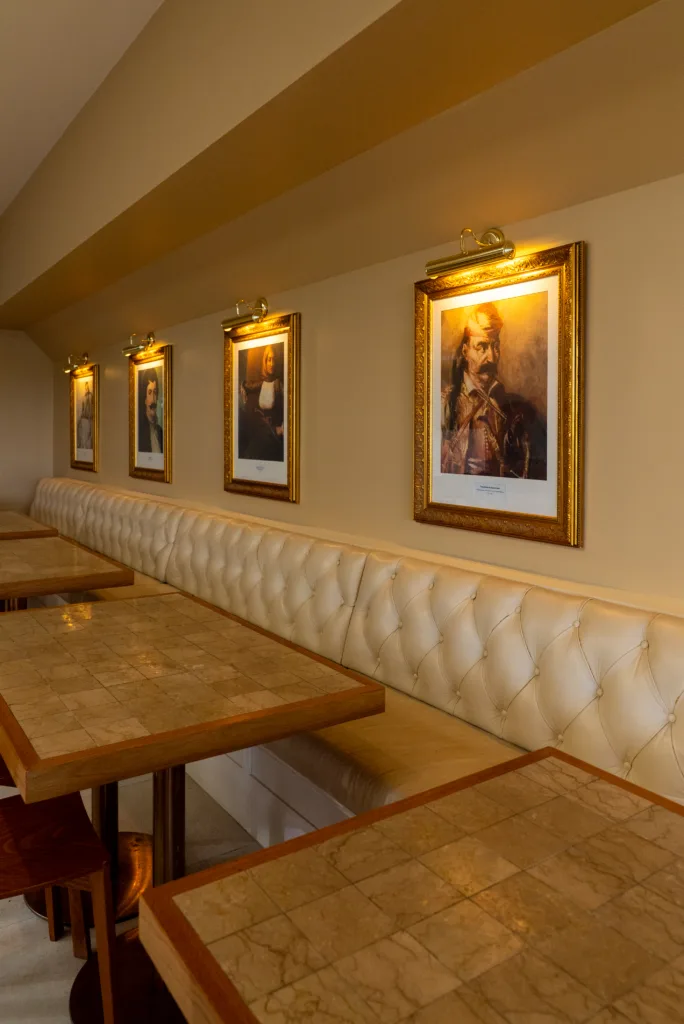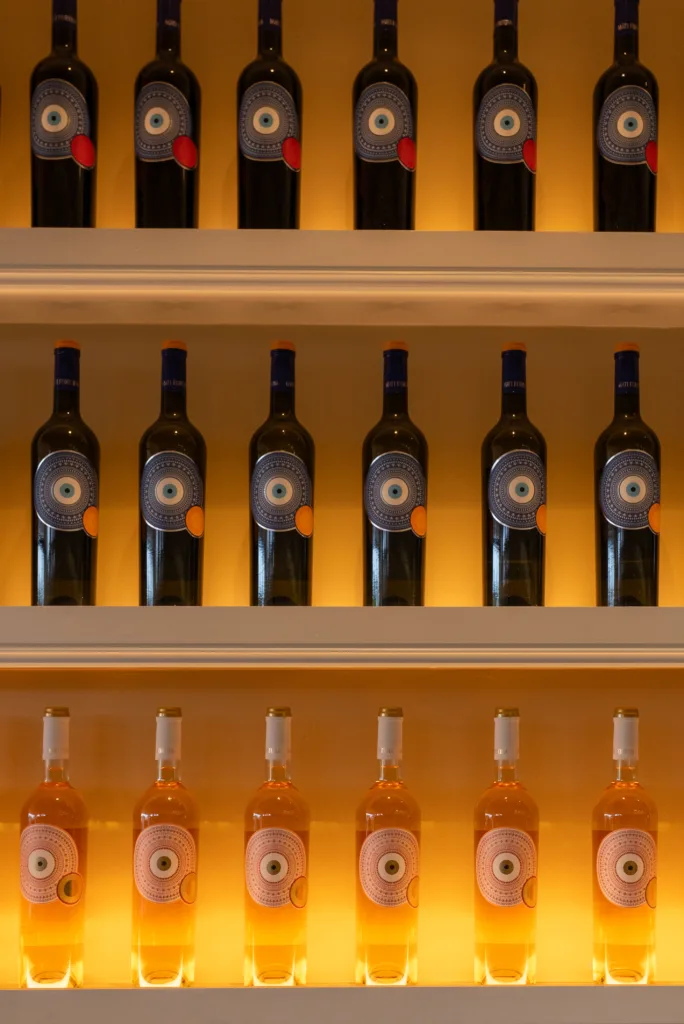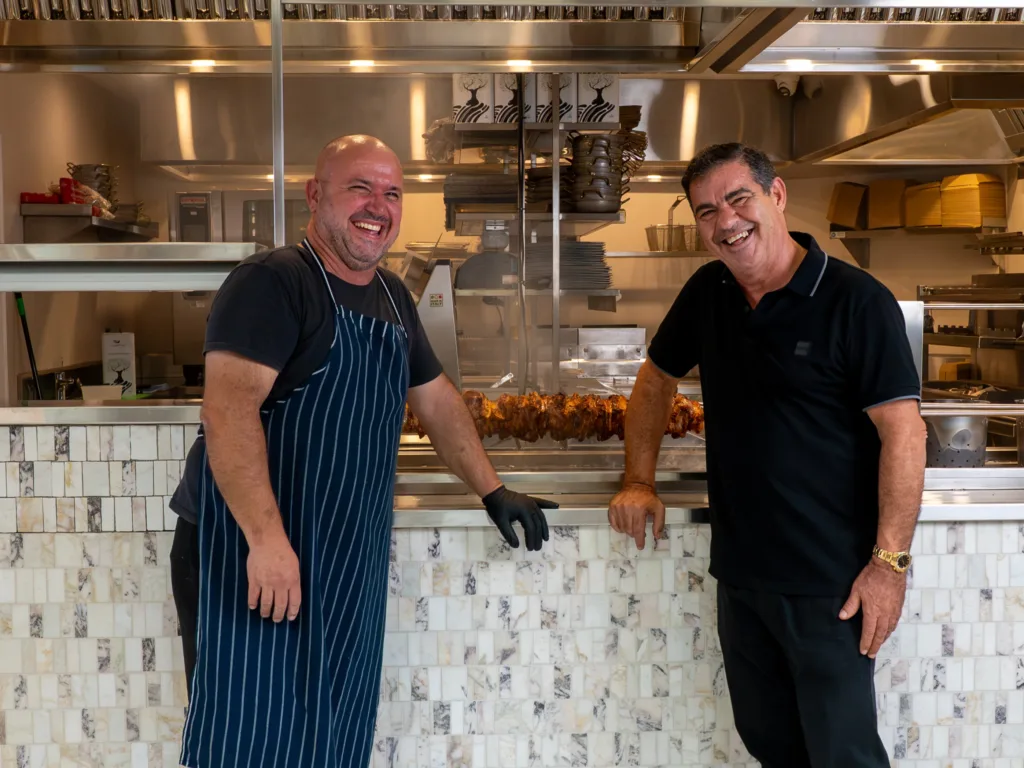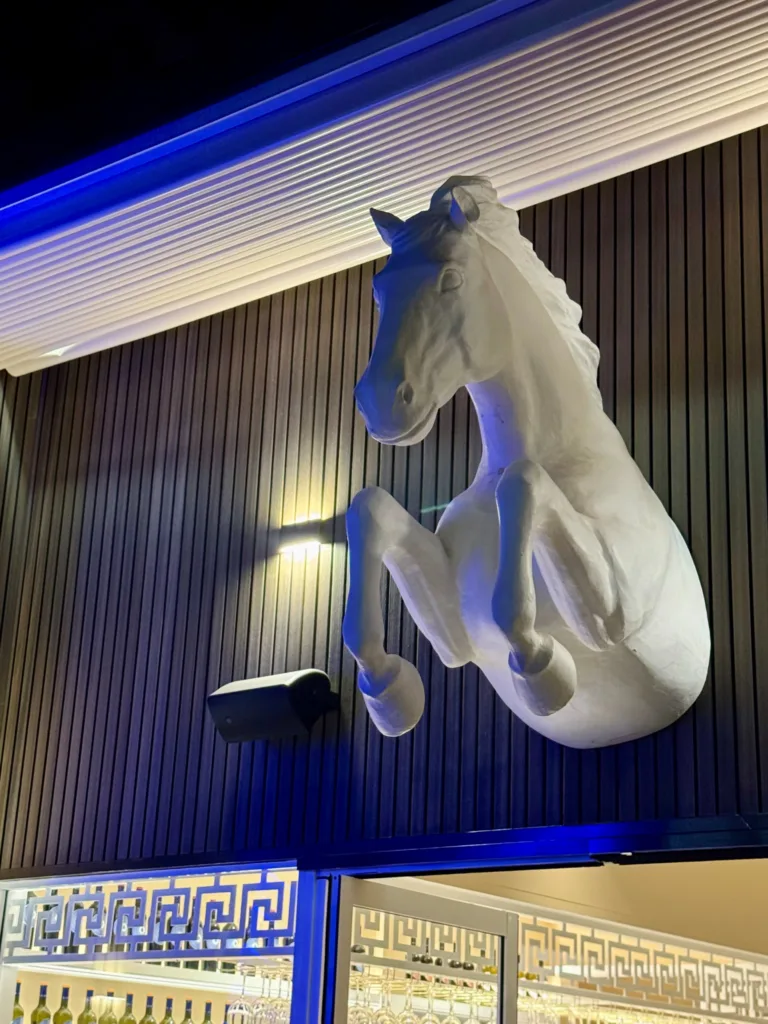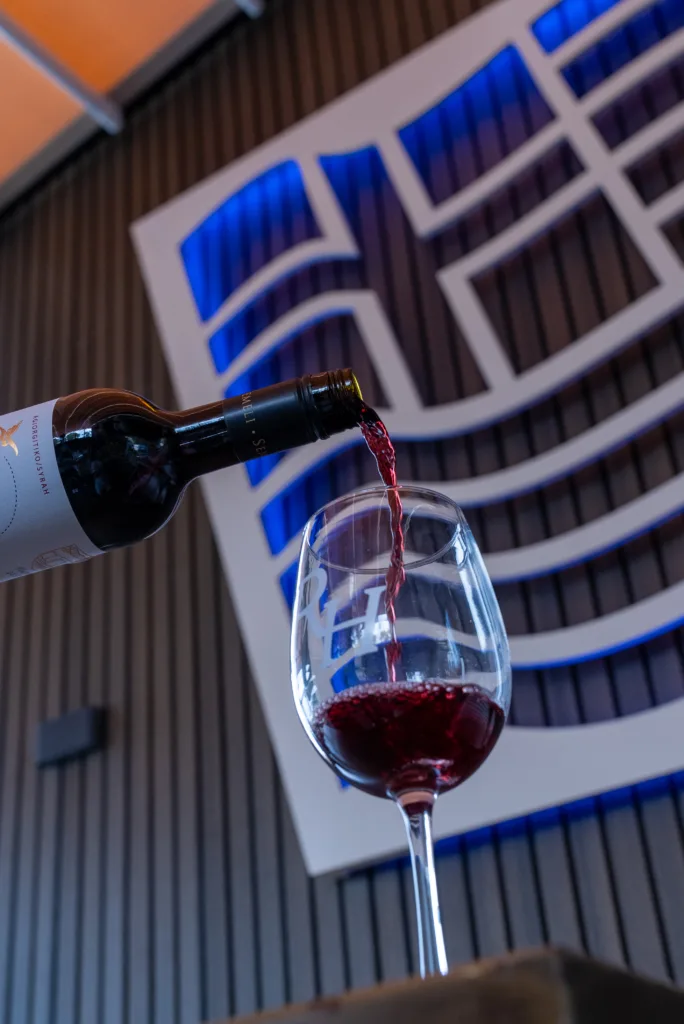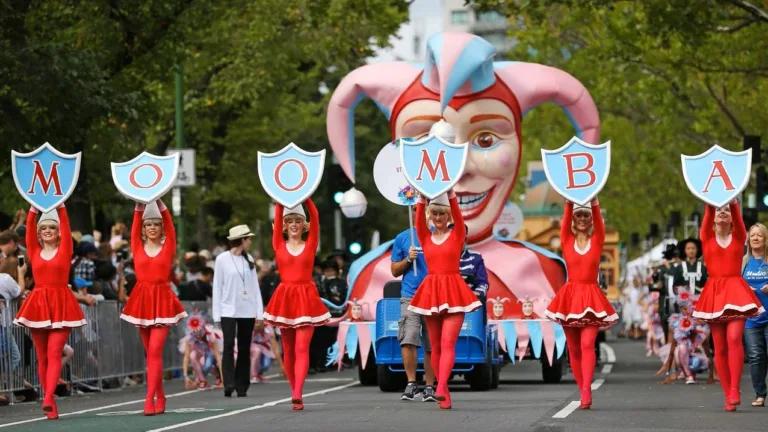South Australian MP Tom Koutsantonis has responded after the Holy Diocese of Adelaide criticised his public remarks regarding the recent leadership transition at the Greek Orthodox Church of Saint George, Mile End.
The issue arose following the resignation of Fr Diogenis Patsouris, who served the parish for more than 55 years.
According to the Executive Committee of the Community and Parish of Saint George Thebarton, Fr Diogenis stepped down from the administrative role of ieratikos proistamenos – commonly translated as senior or presiding priest – after meeting His Grace Bishop Silouan of Adelaide on February 3, where he was informed that the Archdiocese intended to transition the position to a younger priest.
“In those circumstances, Father Diogenis Patsouris chose to resign as ieratikos proistamenos rather than be formally relieved of those duties,” the committee said in a statement released at the time.
Fr Diogenis later addressed parishioners during a Divine Liturgy on February 8, describing the situation as painful after decades of service and saying he felt “sadness, disappointment and bitterness” over how the transition unfolded. He concluded by saying he was leaving the role “with my head held high, with pride – for you and for myself.”
The situation prompted a strong emotional response within the Greek community, with many parishioners and community figures expressing appreciation for the priest’s decades of service.
Among them was Mr Koutsantonis, who shared a personal tribute online describing Fr Diogenis as a constant presence in the lives of many Greek Australian families in Adelaide.
“The Very Rev Father Patsouris OAM has been a constant at the Community and Parish of Saint George Thebarton for 55 years,” Mr Koutsantonis wrote. “He was there when I was a young boy, there for all our Easters, Christmas, weddings, baptisms and funerals.”
“He guided us through the storm of grief… he’s been there for my family like a rock,” he added, describing the priest as “our North Star.”
Reflecting on the change in leadership, Mr Koutsantonis wrote: “Now he has been taken from us and we can’t understand why. I feel like mourning, like something has been ripped from us. This is not how it’s meant to be in our community. It feels wrong because it is.”
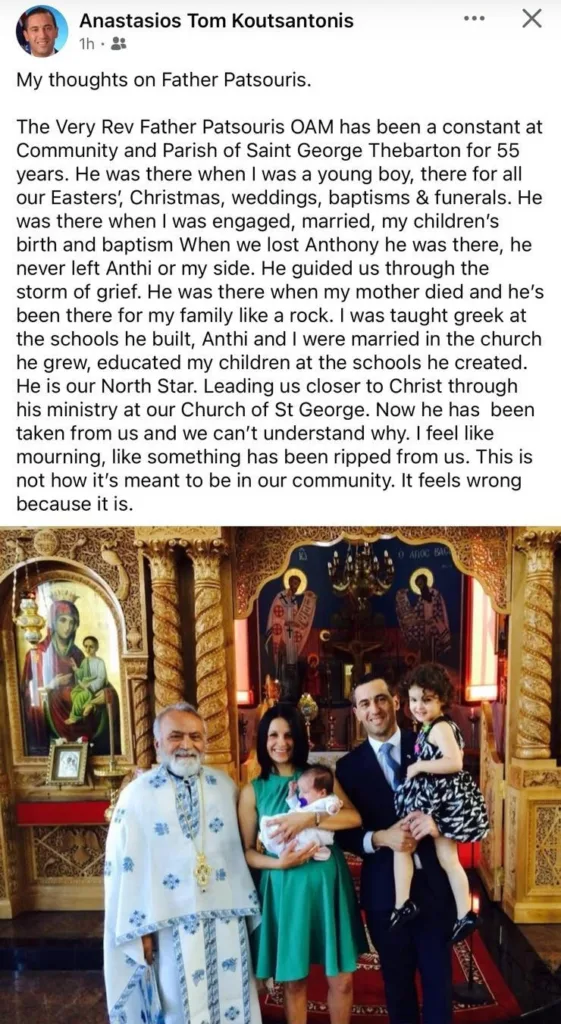
The Greek Orthodox Archdiocese of Australia later clarified that Fr Diogenis had not been dismissed from the priesthood, nor removed from the parish. Instead, the Archdiocese said he had been replaced specifically in the administrative role of presiding priest, while continuing to serve fully as a priest and preside over liturgical services.
Administrative responsibilities were assumed by Fr Konstantinos Skoumbourdis from February 6.
Diocese statement
In a statement issued following a Priests Synaxis convened on March 3 under the presidency of Bishop Silouan, the Holy Diocese of Adelaide congratulated Fr Skoumbourdis on his appointment as the new presiding priest.
However, the clergy gathering also expressed concern about Mr Koutsantonis’ earlier public comments.
“A response that has intensely heightened public reaction through creating misunderstanding and confusion within the community,” the statement said.
The Diocese also rejected suggestions that Fr Diogenis had been forcibly removed, stating that “at no time was the former venerable Proistamenos ‘ripped from us.’”
While acknowledging Mr Koutsantonis’ public service, the Synaxis urged him not to involve himself in internal Church matters.
“The Priests Synaxis expressed appreciation for Minister Tom’s civil stewardship but was emphatic in its plea for Mr Koutsantonis to refrain from getting involved in the canonical and pastoral affairs of the Church,” the statement read.
Koutsantonis’ response
In response to the Diocese’s statement, Mr Koutsantonis told The Greek Herald his earlier remarks were intended to reflect the deep respect many members of the community hold for Fr Diogenis after decades of service.
“My comments reflect my love and devotion to the Greek Orthodox community who, like many others, felt compelled to acknowledge the deep affection and respect that exists for the Very Reverend Father Diogenis Patsouris after more than half a century of devoted service to our parish and community,” he said.
“Father Patsouris has baptised, married and buried generations of families in Adelaide’s western suburbs. The gratitude people feel towards him is genuine and profound, and acknowledging that sentiment should not be controversial…”
Mr Koutsantonis also said he holds respect for Fr Skoumbourdis, describing him as “a close friend to whom I am very grateful for his friendship and ministry.”
“I fully respect the authority of the Church in matters of canon law and ecclesiastical governance. Those are matters for the Church,” he said.
“However, members of the community – including those who serve in public life – are also entitled to express their views about matters that affect institutions which have played such an important role in the lives of so many families. Silence would have been louder.
“My comments were made in that spirit and uncontroversial.”
He added that his focus remains on the unity of the community and respect for those who have served it.
“I am committed to the leadership of His Eminence Archbishop Makarios of Australia and the broader mission of the Church in guiding the faithful,” Mr Koutsantonis said.
“My focus, as it always has been, is the wellbeing and unity of our community and the respect owed to those who have served it faithfully for many decades.”
